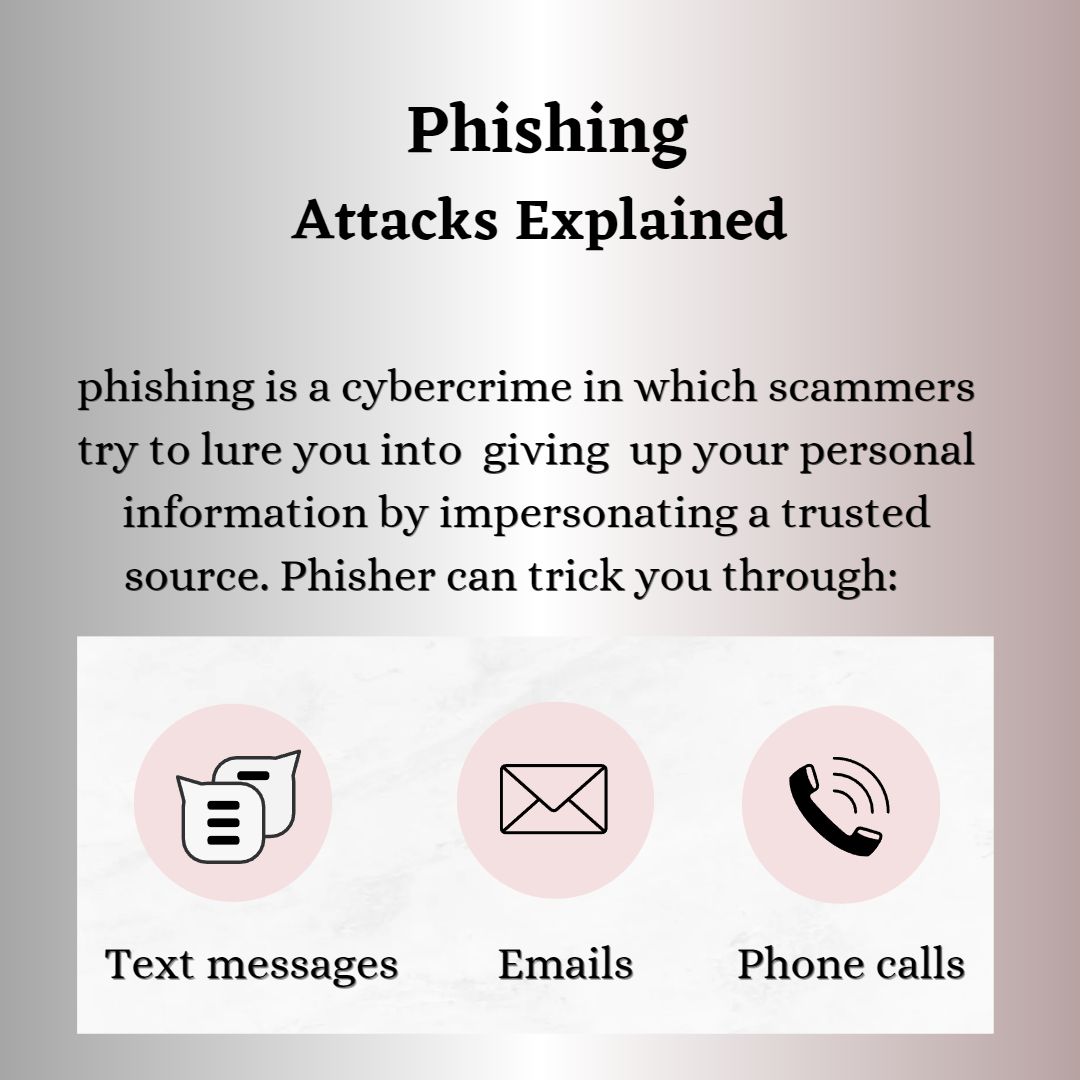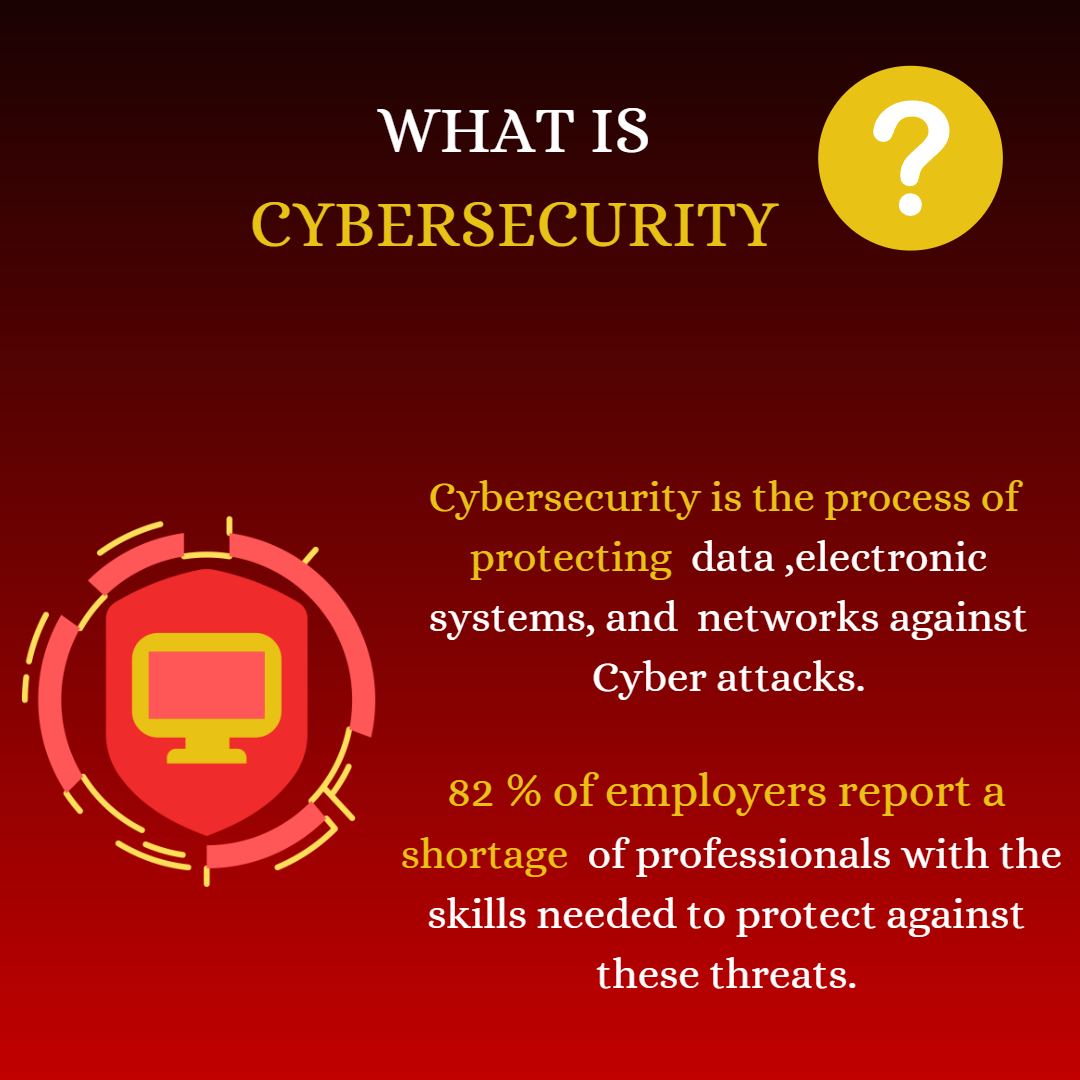Fake Job Scam
A fake job scam is a fraudulent activity where scammers pose as employers or recruiters to deceive individuals seeking employment. The primary aim is to exploit job seekers by either stealing their personal information, extorting money, or making them work without compensation. Scammers often create fake job listings or send unsolicited job offers to trick individuals into thinking they are legitimate employment opportunities.
From a legal perspective, a fake job scam involves any fraudulent misrepresentation made by an individual or group to a job seeker with the intent to deceive and exploit. This can involve identity theft, wire fraud, or extortion, depending on the actions of the scammer. In many countries, such activities are illegal under laws protecting consumers and workers from fraud and deception, and they can lead to both criminal and civil penalties for the perpetrators.
How Fake Job Scams Work
Fake Job Listings on Job Boards and Social Media
Scammers create attractive job postings on legitimate job boards or social media platforms, advertising high-paying jobs with minimal requirements. These posts lure in job seekers who are eager for quick employment. To protect yourself from such scams, it’s essential to verify job listings through reliable cybersecurity practices. Our organization offers cybersecurity consultancy services, helping businesses and individuals secure their online presence and prevent falling victim to such schemes.Unsolicited Job Offers
Many scams begin with an unsolicited email or message claiming that you’ve been selected for a job, often without an interview. These offers come with promises of great salaries and flexibility, but their true intention is to gather your personal details. Implementing security audits, like the ones we provide, can help detect and block suspicious communications early on.Asking for Personal Information
Scammers often request sensitive information such as Social Security numbers, bank account details, or copies of IDs under the guise of “pre-employment paperwork” or background checks. This information can then be used for identity theft. It’s critical to maintain secure digital practices, and our security audits can assess your vulnerability to data breaches and phishing attacks.Upfront Payments for Equipment or Training
Another common tactic is asking job seekers to pay for equipment, certifications, or background checks upfront. Once payment is made, the scammer disappears. It is always a red flag if a job requires you to pay for anything in advance. Our consultancy services can guide organizations and individuals on how to recognize and prevent such fraudulent requests.Impersonating Real Companies
Many fake job scams involve scammers impersonating legitimate companies, sometimes even creating fake websites that closely mimic real organizations. To counter this, companies can conduct security audits with our firm to ensure their digital assets are secure and can’t be easily replicated by scammers.Job Offers Without an Interview
Receiving a job offer without an interview is a significant red flag. Scammers avoid personal contact and prefer to communicate via email or messaging apps to maintain anonymity. Job seekers should verify the authenticity of job offers by researching the company and speaking to real representatives. Our cybersecurity consultancy helps in detecting fraudulent communication channels.Check-Cashing Scams
Some scams involve sending a job seeker a fraudulent check, which they are asked to cash and then send a portion back to the “employer.” Once the bank realizes the check is fake, the victim is held responsible for the entire amount. Our security services can train individuals and businesses to identify and block such fraudulent financial activities.Reshipping Scams
In reshipping scams, the victim is asked to receive and reship stolen goods, unknowingly participating in illegal activity. These jobs often appear to be legitimate work-from-home opportunities. Our team provides comprehensive security solutions to help detect and avoid involvement in such criminal schemes.

In the digital realm, a fake job scam refers to the use of online platforms such as job boards, social media, or email communication to perpetrate employment fraud. Scammers may create fraudulent websites, clone legitimate companies’ profiles, or send phishing emails that appear to be from reputable employers. The goal is to convince the job seeker to provide sensitive information, such as banking details, or pay fees for non-existent opportunities. Digital fake job scams often rely on impersonation and phishing tactics.
Types of Fake Job
Phishing Job Scams
In phishing scams, job seekers receive emails or messages that appear to be from legitimate companies, often asking for personal information or login credentials under the pretense of a job application or offer. These scams can result in identity theft or financial loss. To safeguard your organization from phishing attempts, our cybersecurity consultancy offers strategies for identifying and blocking malicious communications.Reshipping Scams
Victims are hired to receive, repackage, and reship items, usually under the guise of a logistics or work-from-home job. These goods are often stolen, and the victim is unknowingly participating in criminal activity. Conducting regular security audits, such as those provided by our organization, can help detect suspicious activities and protect individuals from engaging in fraudulent operations.Check-Cashing Scams
In this type of scam, victims receive a fraudulent check from the supposed employer and are asked to deposit it, keep a portion, and send the rest back to the company or a third party. Once the bank detects the check is fake, the victim is responsible for the full amount. Our security services can provide comprehensive training to detect financial fraud, ensuring that both companies and individuals stay secure.Data Harvesting Scams
These scams aim to collect personal information, such as Social Security numbers or bank account details, by requesting them during a supposed job application process. The scammers then use this data for identity theft or to commit fraud. Implementing security audits from our firm helps in assessing data vulnerabilities and ensuring sensitive information is protected.Upfront Payment Scams
Job seekers are asked to pay for equipment, certifications, or training upfront before they can start the job. Once the payment is made, the scammer disappears, leaving the victim with financial losses. Our cybersecurity consultancy can guide individuals and businesses on how to recognize red flags, such as requests for upfront payments, to prevent falling victim to these scams.Fake Job Listings
Scammers create job listings on legitimate platforms or social media that look real but lead to fake employment offers. These listings are designed to collect personal information or request money for fake services. Our team’s expertise in cybersecurity consultancy helps ensure that online job postings are secure and genuine, protecting businesses and job seekers alike.Impersonation Scams
In these scams, fraudsters impersonate well-known companies or recruiters to offer fake jobs. Victims believe they are applying to legitimate positions and provide sensitive information to the scammer. Through security audits offered by our organization, companies can protect their brand identity online and prevent impersonation attempts.Work-From-Home Scams
As remote work becomes more common, scammers offer fake work-from-home opportunities, often involving tasks like assembling products or processing payments. The victims either work for free or fall into a check-cashing scam. With the rise of remote work, it’s critical to have cybersecurity measures in place. Our consultancy services provide robust solutions to ensure remote workers stay protected.Fake Recruitment Agencies
Some scammers set up fake recruitment agencies, claiming to have access to exclusive job listings. They charge job seekers upfront for placement services or personal details, but no job ever materializes. Partnering with our team for security services can help organizations and individuals identify and avoid dealing with these fraudulent agencies.
Red Flags of a Fake Job
Job Offer Without an Interview
If you receive a job offer without ever going through a formal interview process, it’s a major red flag. Legitimate companies typically conduct multiple rounds of interviews to assess your qualifications. Scammers skip this step to fast-track the process and gain your trust quickly. To avoid such scams, our cybersecurity consultancy can provide guidance on how to authenticate legitimate hiring practices and secure your data.Request for Upfront Payments
Scammers often ask job seekers to pay for training materials, certifications, or equipment upfront. No legitimate employer will ask for payment before hiring you. Our security audits can help individuals and organizations implement systems that detect such fraud and prevent them from affecting your finances or operations.Vague Job Descriptions with High Salaries
A job listing that promises high pay for minimal work, with little or no required experience, is often too good to be true. Scammers use these kinds of unrealistic offers to attract desperate job seekers. By conducting a security audit with our team, businesses can secure their platforms to ensure they don’t host fraudulent job listings.Unprofessional Communication
Scammers often communicate through poorly written emails or messages with grammatical errors and lack of professionalism. They may use generic email accounts like Gmail or Yahoo instead of official company domains. Our consultancy services specialize in cybersecurity measures to detect and prevent these phishing attempts.Request for Personal Information Early On
Scammers may ask for personal details such as your Social Security number, bank account information, or home address early in the job application process. Legitimate employers never ask for sensitive information until after an official offer is made. With our cybersecurity consultancy, we can help you establish protocols for protecting sensitive data and ensuring your personal information is secure.
From an economic standpoint, fake job scams represent fraudulent activities designed to exploit vulnerable job seekers, often during times of economic downturn or high unemployment. These scams aim to extract money from individuals through false promises of employment, contributing to financial instability for victims. They also damage the trust in the labor market, affecting the credibility of online job platforms and reducing the efficiency of legitimate employment matching.

Impact on Victims
Victims of fake job scams can suffer both financially and emotionally. In addition to losing money through upfront payments, they may also face identity theft if their personal details are stolen. Recovering from these losses can be time-consuming and costly. Emotionally, victims often feel betrayed and humiliated, especially if they were in dire need of employment. The loss of trust in job search platforms and potential employers can make it harder for them to continue their job search with confidence.
The Role of Technology in Fake Job Scams
Online Job Boards and Social Media
Technology has made job searches easier, but it has also opened the door for scammers to post fake job listings on legitimate job boards and social media platforms. Scammers exploit these platforms to reach a large number of potential victims quickly. Our cybersecurity consultancy can help both companies and job seekers navigate these platforms securely, ensuring that job postings are legitimate.Phishing Emails
Phishing is one of the most common ways scammers use technology to impersonate companies. They send out emails that look like official job offers, but these messages are designed to steal personal information. Our team’s security audits can identify vulnerabilities in your email system and implement protections to reduce the risk of phishing attacks.Fake Company Websites
Scammers often create fake websites that closely mimic real companies. These sites are used to collect personal information or money from job seekers who believe they are applying to legitimate positions. Our organization offers cybersecurity services to help businesses secure their websites and ensure job seekers can trust the companies they’re applying to.Remote Work Scams
The rise of remote work has provided scammers with new opportunities. They often advertise work-from-home jobs that require no qualifications, offering high pay to attract victims. Implementing security measures, like the ones we provide, can help ensure that remote work opportunities are legitimate and secure.Data Harvesting Through Application Portals
Many scammers create fake job application portals designed to collect personal information from unsuspecting job seekers. These portals often look professional, making it difficult to spot the fraud. Our security audits can help businesses secure their application portals, ensuring that personal data is not compromised.Identity Theft Through Digital Forms
Online job applications often ask for sensitive information, such as Social Security numbers and bank details. Scammers exploit this by creating fraudulent forms to steal identities. Our cybersecurity consultancy specializes in protecting against such data theft, helping individuals and companies safeguard personal information.Automated Scam Campaigns
Technology allows scammers to automate the process of sending fake job offers or advertisements to large numbers of people via email, text, or social media. These mass campaigns are designed to trick job seekers into providing information or sending money. Our security services include measures to detect and block automated attacks, keeping your systems and communications secure.Deepfake and Impersonation Technology
Advanced technology like deepfakes allows scammers to impersonate real recruiters or company representatives through video or voice communications. These tactics make it even harder for job seekers to distinguish between real and fake opportunities. Our team can help detect and prevent these kinds of impersonation scams by implementing robust cybersecurity measures.Mobile Scams and App Fraud
Scammers are increasingly using mobile apps to create fake job postings or solicit personal information from job seekers. These apps may even mimic legitimate platforms. Our cybersecurity services can assist companies in securing their mobile apps and platforms, ensuring that they aren’t used to perpetrate fraud.
Why People Fall for Fake Job Scams
People fall for fake job scams for various reasons, including:
- Desperation: Unemployed individuals or those in urgent financial need may overlook red flags in the hope of finding a job.
- Lack of knowledge: Many job seekers, especially younger or inexperienced individuals, may not be aware of the tactics used by scammers.
- Authenticity: Scammers often imitate real companies, making it difficult for job seekers to distinguish fake offers from genuine ones.
- Pressure tactics: Fraudsters use urgency to push victims into making hasty decisions, such as paying fees or providing personal information.
Prevention Tips for Job Seekers
To avoid falling victim to a fake job scam, job seekers should follow these best practices:
- Research the company thoroughly, including verifying its website, contact information, and online reviews.
- Be skeptical of job offers that seem too good to be true or do not require qualifications.
- Never pay for the promise of a job or provide personal information before verifying the legitimacy of the employer.
- Communicate only through official channels and avoid dealing with companies that use free email services.
- Report suspicious job listings to the platform on which they were found or to relevant authorities.
How to Report a Fake Job Scam
Gather All Relevant Information
Before reporting, collect all necessary details such as the job posting link, communication from the scammer, and any personal information or money you’ve provided. This documentation will help authorities investigate the scam. If you need assistance in securing your online interactions or identifying fraudulent communications, our cybersecurity consultancy offers services to protect your digital identity.Report to the Job Platform
If you found the fake job listing on a job board or social media platform, report it directly to the platform. Most platforms have dedicated procedures for reporting fraudulent listings, which helps them remove the scam and prevent others from falling victim. Our security audits can help businesses keep their platforms secure from such scams.Contact Your Bank or Financial Institution
If you’ve shared financial information or sent money, contact your bank immediately to block transactions and possibly recover your funds. Banks often have fraud departments that can assist with this process. To prevent financial fraud, our organization offers comprehensive solutions to secure your personal and financial data.Report to the Federal Trade Commission (FTC)
In the U.S., you can report fake job scams to the FTC through their website. The FTC investigates fraudulent practices and may take legal action against scammers. For companies wanting to ensure compliance with cybersecurity regulations, our consultancy services offer audits and strategies for staying protected.Notify Your Local Law Enforcement
If you’ve been scammed or had your identity stolen, it’s important to file a police report. This can help in legal actions or in recovering your identity. Our cybersecurity services can assist in strengthening your digital defenses to prevent further exploitation or attacks.Report to Your Country’s Cyber Crime Unit
Many countries have dedicated cyber crime units that handle online fraud. In the U.S., the Internet Crime Complaint Center (IC3) handles online scams, while other countries have similar agencies. If your company has been a target of cybercrime, our security audits can help identify vulnerabilities and secure your digital environment.Notify the Better Business Bureau (BBB)
Reporting the scam to the BBB helps warn others and allows the BBB to investigate the scammer’s fraudulent practices. It also helps legitimate companies protect their reputations. Our consultancy can work with businesses to ensure their online presence remains secure and trustworthy.Alert the Scam Victims Organization
Organizations like the Anti-Phishing Working Group (APWG) and other scam victim networks offer resources for those who have been targeted. Reporting to these organizations also helps them track scam trends. Our cybersecurity consultancy can provide detailed guidance on how to protect your data and avoid phishing attacks.
Conclusion: Staying Safe in the Job Market:
Fake job scams are a growing threat to job seekers worldwide, evolving with advancements in technology and targeting vulnerable individuals. Understanding how these scams work, recognizing red flags, and taking preventive measures can help job seekers avoid becoming victims. Scammers often prey on desperation or eagerness, making it crucial for job seekers to approach every opportunity with caution. Always be skeptical of offers that seem too good to be true, especially those that involve little effort for high pay, require upfront payments, or ask for sensitive personal information early in the process.
As scammers continue to refine their tactics, it’s essential for job seekers to stay informed, vigilant, and proactive during the job search. Research potential employers, verify job listings, and never hesitate to ask questions if something feels suspicious. Partnering with cybersecurity experts like our organization, which provides cybersecurity consultancy, security audits, and other digital security services, can offer you the tools and knowledge needed to navigate today’s job market safely. By staying informed and employing best practices, job seekers can protect themselves and make the search for employment a secure experience.
Remember, the job market is competitive, but your security should never be compromised. Take steps to protect your personal information, verify the legitimacy of job offers, and use trusted security measures to stay safe.
















